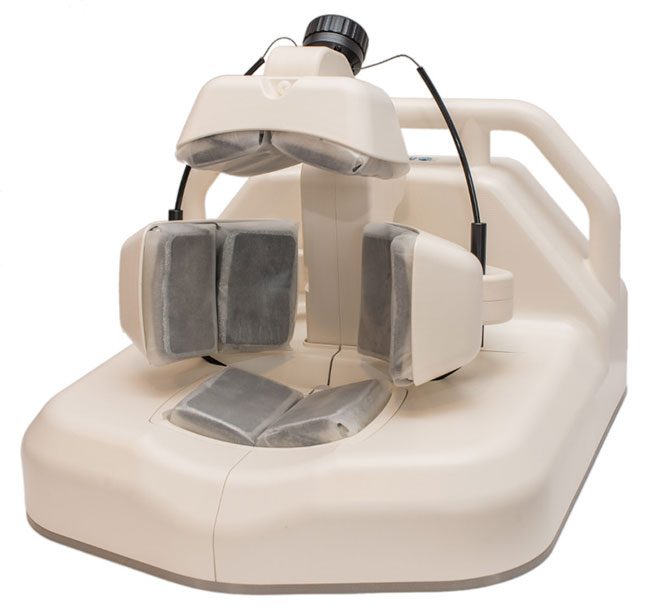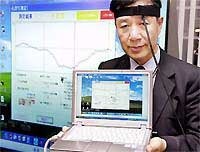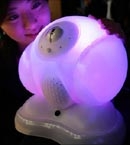According to reporters in Sydney, the New South Wales (NSW) Ambulance Service in Australia is testing an advanced technological device known as the Medfield Diagnostics Strokefinder MD100 helmet, aimed at providing first aid and emergency care for patients experiencing strokes en route to the hospital.
This marks the first time in the world that Strokefinder helmet technology is being utilized in frontline settings and outside of hospitals.

Medfield Diagnostics Strokefinder MD100 Helmet. (Photo: medfielddiagnostics.com).
The NSW Health Department reported that the new device is a brain scanning tool utilizing breakthrough technology, currently being employed by medical personnel from the NSW Ambulance Service in the Hunter region. This trial of the new device could enable quicker diagnosis and treatment of strokes, allowing many patients to receive timely intervention during the critical “golden hour.”
Ryan Park, the NSW Minister for Rural Health, stated that the NSW Ambulance Service personnel are honored to be the first in the world to use this groundbreaking device.
Dr. Dominic Morgan, the Executive Director of the NSW Ambulance Service, mentioned that the new device operates very quickly, performing multiple brain assessments within 60 seconds. The trial involves specially trained medical personnel from the NSW Ambulance Service and neurologists from John Hunter Hospital and the Hunter Medical Research Institute, aimed at evaluating the feasibility of the Medfield Diagnostics Strokefinder MD100 Helmet for emergency patient care while en route to the hospital.
Dr. Morgan described: “By integrating with an enhanced telehealth application, on-site medical personnel can consult with a team of neurologists in the hospital to optimize care processes and improve overall outcomes for stroke patients.”
According to the NSW Health Department, the trial indicates that most patients were scanned with the new device within one hour of calling for emergency help. Test results show that less than 5% of stroke patients required a CT scan at the hospital within one hour of symptom onset.
Yasmin Catley, a NSW government official responsible for the Hunter region, noted that Australians in rural areas are 17% more likely to experience strokes compared to those in urban areas. In the Hunter New England area alone, approximately 1,500 people suffer strokes each year, making it a suitable location for this trial.
The trial is a collaboration between the NSW Ambulance Service, Hunter New England Health, Medfield Diagnostics from Sweden, the Hunter Medical Research Institute, and Titan Neuroscience Research Australia, a leading clinical and medical technology research organization in Australia. The results of the trial are expected to be released by the end of this year.




















































